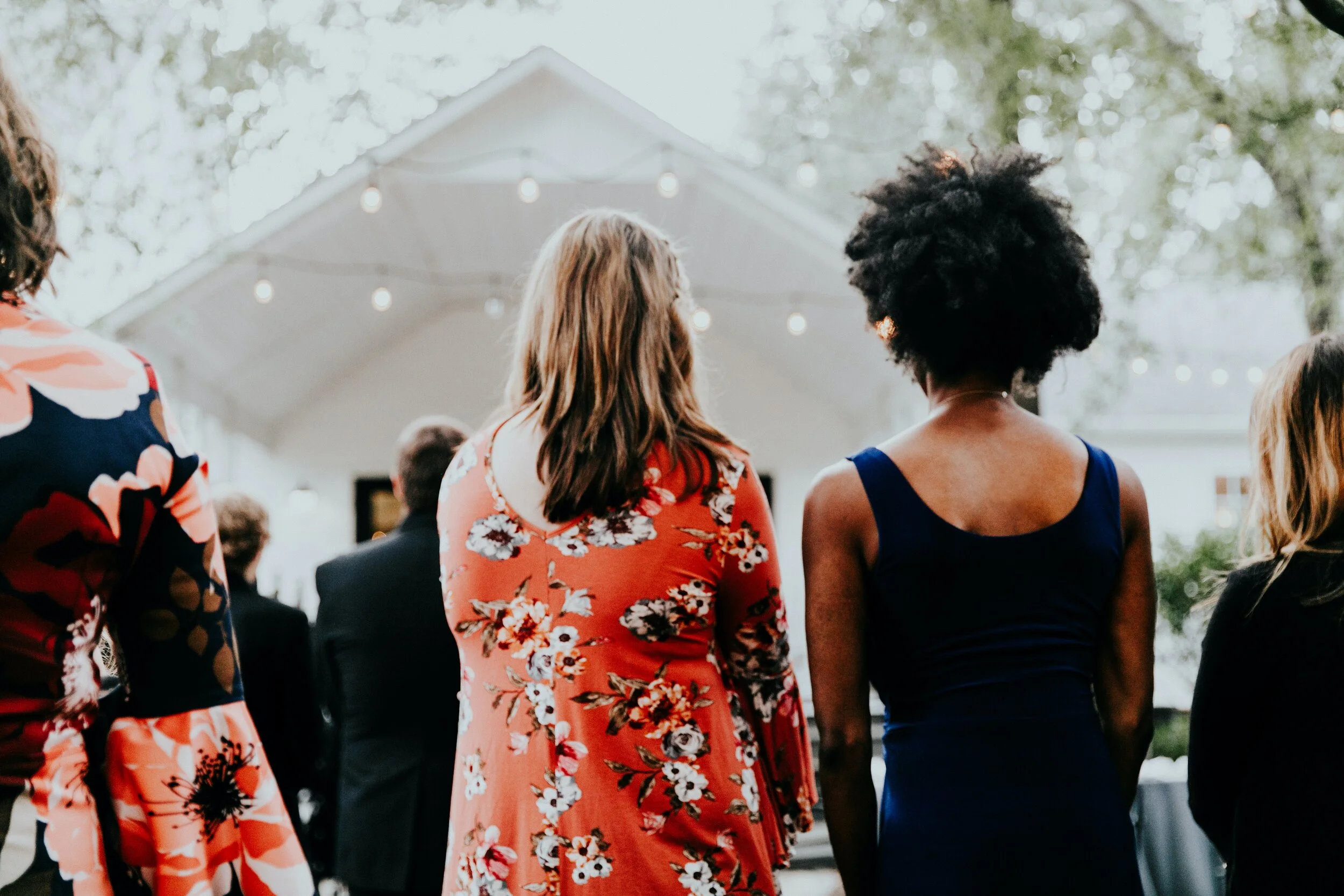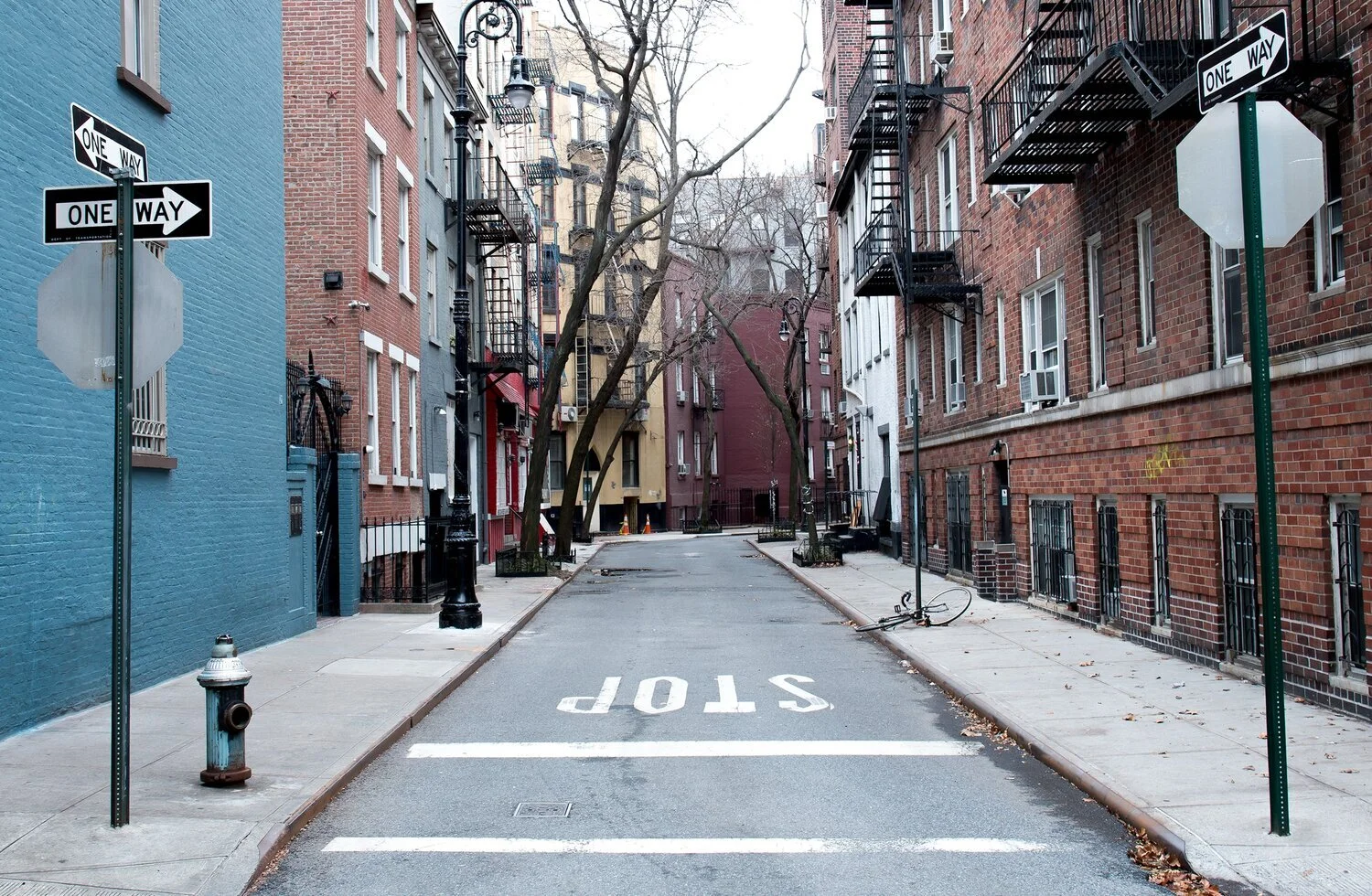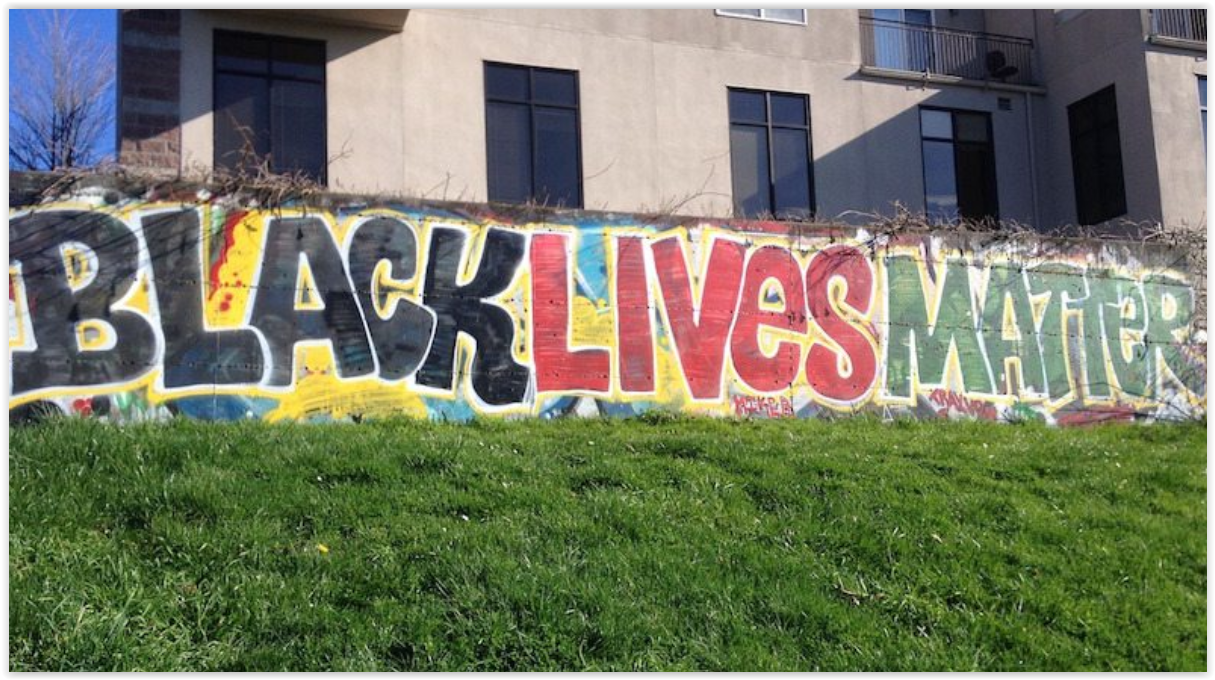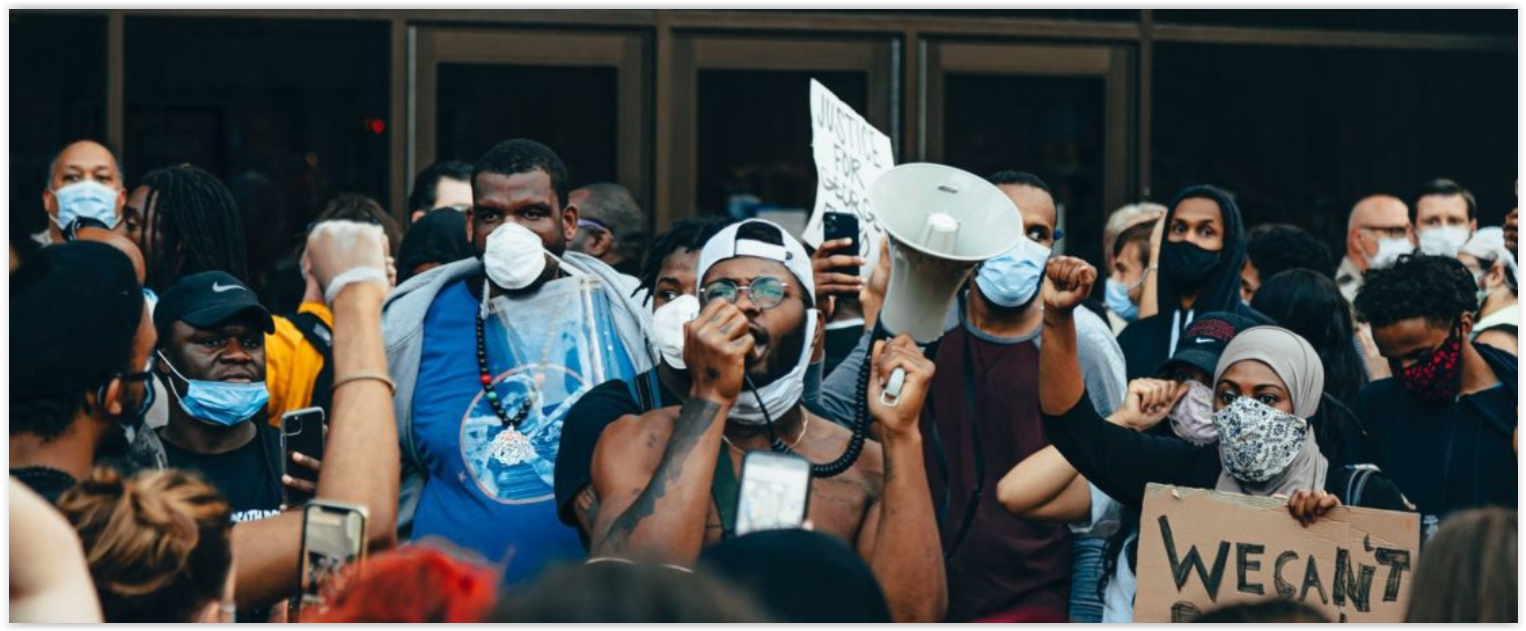Reconciliation, the church, and economic justice
This article was originally published here by Made to Flourish
— by Luke Bobo
These three phrases — reconciliation, economic wisdom, and the church — belong together. Why? Let’s begin with a definition of reconciliation. Brenda Salter McNeil’s book, Roadmap to Reconciliation: Moving Communities into Unity, Wholeness and Justice, helps us.
McNeil, featured as one of the 50 most influential women to watch by Christianity Today in 2012, and associate professor of reconciliation studies in the School of Theology at Seattle Pacific University, defines reconciliation as “…an ongoing spiritual process involving forgiveness, repentance and justice that restores broken relationships and systems [institutions] to reflect God’s original intention for all creation to flourish.”
Related articles
What would it look like if we all consult the people ‘less valuable’ to truly understand their actual and not an assumed need? What would it look like to brainstorm solutions together with people who have lower education levels and a scarcity of resources, yet hold an abundance of community connection and resourcefulness?
What if faith-driven entrepreneurs, not just in the U.S. but worldwide, went all-in to commit their creative talents and abilities to advance God’s kingdom and be the agents of change for justice, equality and eradication of poverty?
Have you ever wondered what made people like Thomas Edison, Steve Jobs, and Elon Musk so innovative? Why they seemed to have been able to keep coming up with game-changing technologies over and over again?
The Samaritan probably did not have a comprehensive understanding of how to nurse the man beaten on the Jericho Road back to health. That does not mean he could, like the priest and Levite, avert his eyes. The first step toward doing right is to recognize that something is wrong.
These three phrases — reconciliation, economic wisdom, and the church — belong together. Why? Let’s begin with a definition of reconciliation. Brenda Salter McNeil’s book, Roadmap to Reconciliation: Moving Communities into Unity, Wholeness and Justice, helps us.
A few years ago in a powerful op-ed in the New York Times, Nicholas Kristof wrote that “the United States now has a greater wealth gap by race than South Africa did during apartheid. Whites in America on average own almost 18 times as much as blacks; in South Africa in 1970, the ratio was about 15 times.”
Is Black Lives Matter the new Civil Rights Movement? This is a well-formed question because it reveals that some of us are ready to talk about how racialized injustices affect the church, not just from the safe distance of 60 years ago but also today.
"Justice" is a felt need in our world today and a controversial topic. But what is justice, exactly, and who gets to define it? In this video, we'll explore the biblical theme of Justice and discover how it's deeply rooted in the story-line of the Bible that leads to Jesus.
The story goes like this. In the days of the Holocaust, on a Sunday morning, a train filled past overflowing with Jewish prisoners was headed to a Nazi prison camp where the captive men, women and children would surely be put to death.
Last week, I lost my breath. My breathlessness came because of watching the now viral video of a man gasping for the desperately needed air his lungs begged for.
For far too long, good people just haven’t been good enough. While this is arguably already a “trending idea” in the public sphere, please indulge me just for a bit and walk down some of my own thought trails with me on the subject.
What if we could take our historical disadvantage, created by systemic racism and artificial poverty, and turn into our competitive business advantage? What if by leveraging the platform technology entrepreneurship we could bypass many of the cognitive biases which have prevented both economic and human flourishing within our community for centuries?
——
[ Photo by Tabea Damm on Unsplash ]













As entrepreneurs, believers and leaders, may we use the opportunity to showcase the delight instead of the disability as we create a world that embraces people of all abilities, one moment, one interaction at a time.